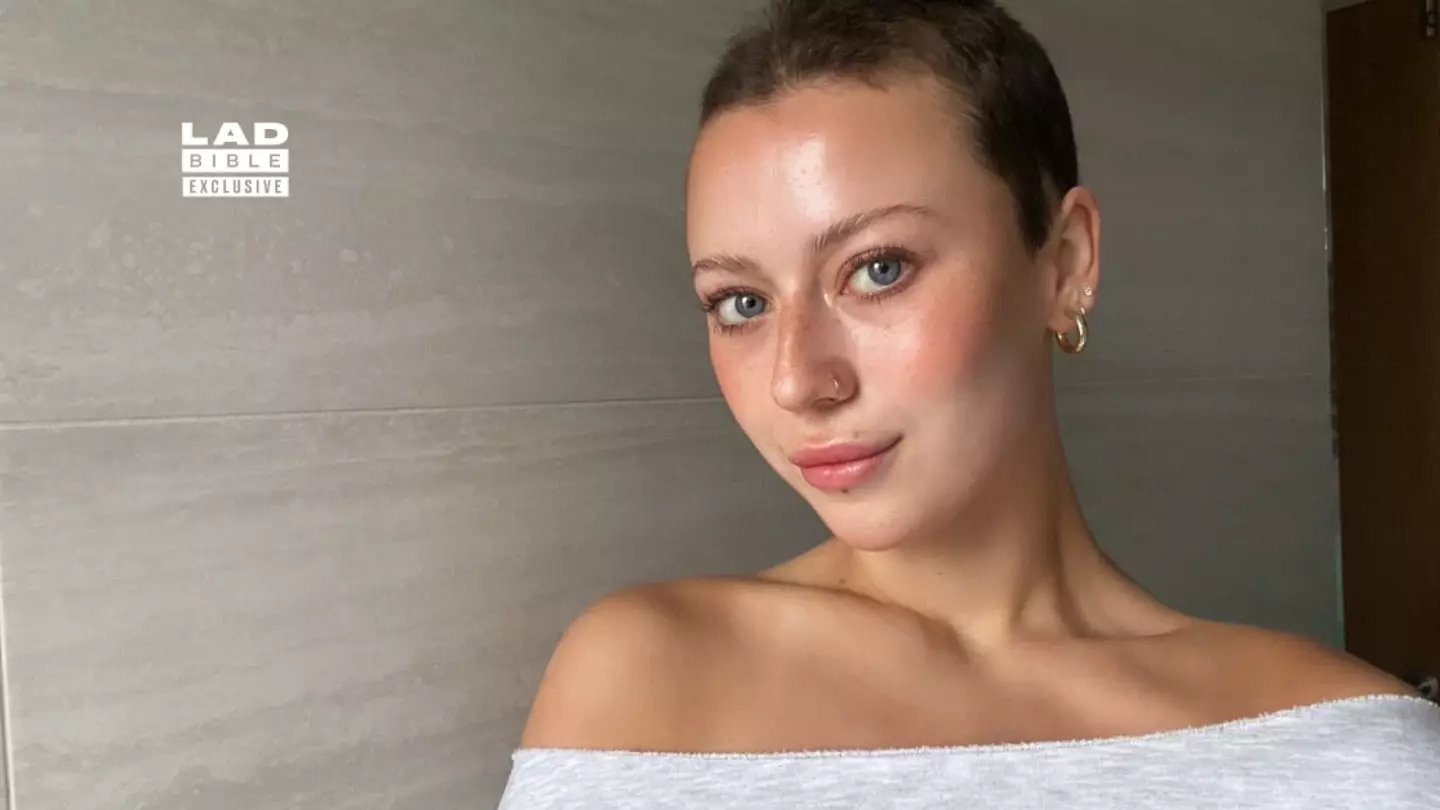
When Lauren jetted out on a girls' trip to the Spanish coastal town of Salou back in July, she had no idea that her life was about to be turned upside down.
It was the first night of the 23-year-old's vacation in the sunny seaside resort when one of Lauren's friends noticed that she appeared to be missing a portion of hair just above the nape of her neck, almost as if she'd shaved it off.
"I came out of the shower with my hair in a claw clip and my friend said to me, ‘I need to take a photo of the back of your head’," Lauren explained in an interview with LADbible, adding that her friend had wondered if she'd accidentally razored a portion of her hair off in the shower.
Advert
Unfortunately, it was a sign of something more sinister, as Lauren would soon discover she had developed a condition that impacts millions of people worldwide.
Lauren was in the initial stages of alopecia areata, an autoimmune condition that occurs when the body's immune system begins to mistakenly attack the hair follicle.
"I had no pain, I didn't really have any other symptoms to do with my health," the Gateshead native added.
Advert
Predominantly affecting the scalp, the NHS defines alopecia areata as a type of hair loss that ranges from small patches of hair loss on the scalp or body to complete baldness.
The exact trigger that causes the autoimmune response is not currently known; however, theories such as illness, genetic predisposition, emotional stress and injury have been put forward as possibilities.
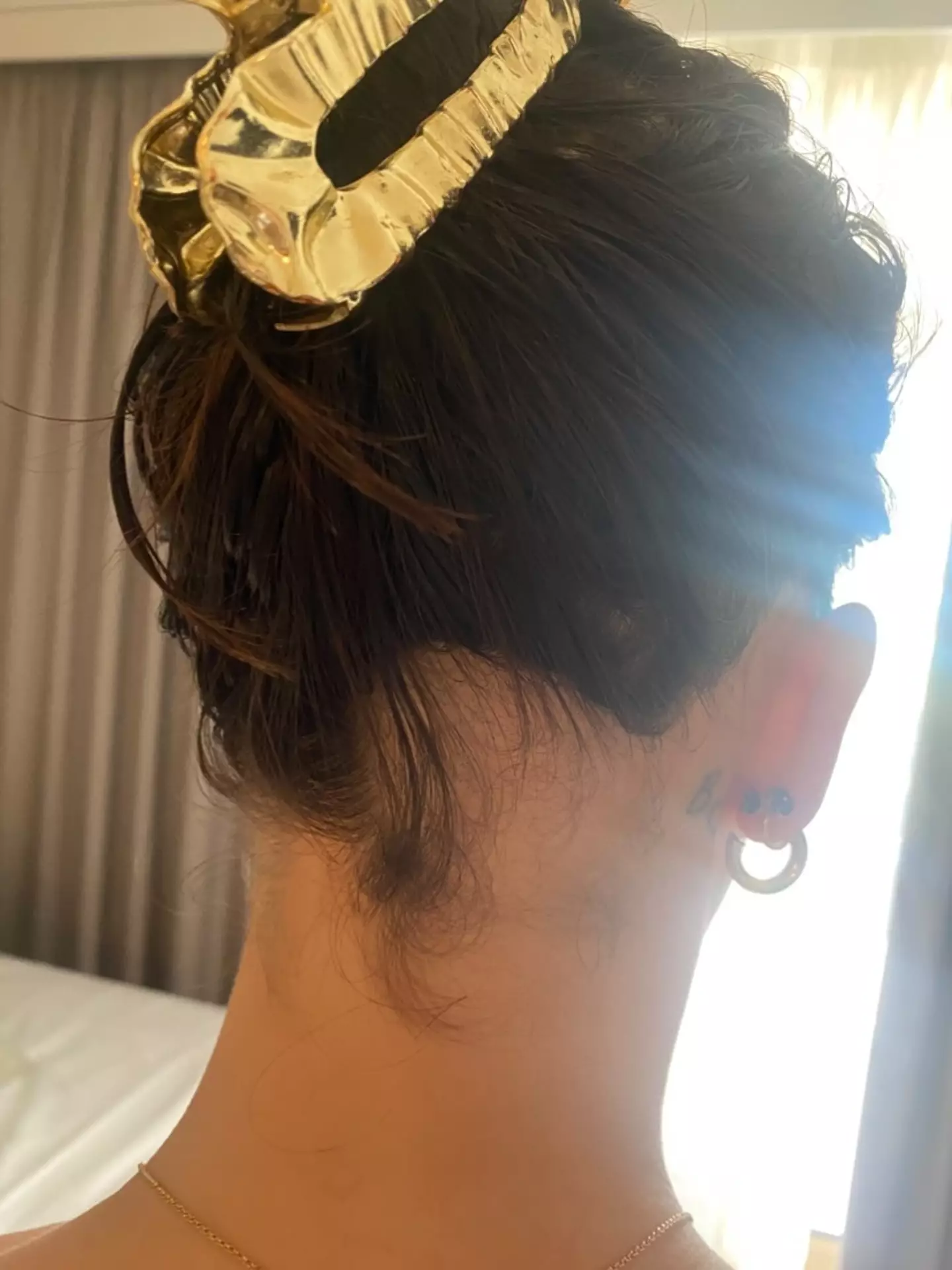
Alopecia areata can affect people of any age. Re-growth is possible as the condition is non-scarring; however, prognosis varies from person to person.
For Lauren, her hair appeared to shed quickly after the first night, with patches appearing along her parting and from then on spreading like 'wildfire'.
Advert
READ MORE:
LOUIS THEROUX SAYS HE IS PREPARING TO 'FULLY SHAVE HIS HEAD' DUE TO ALOPECIA
"Once that middle bit started to go. There was nothing to kind of conceal that alopecia. It was, it was there and it was prominent," she continued.
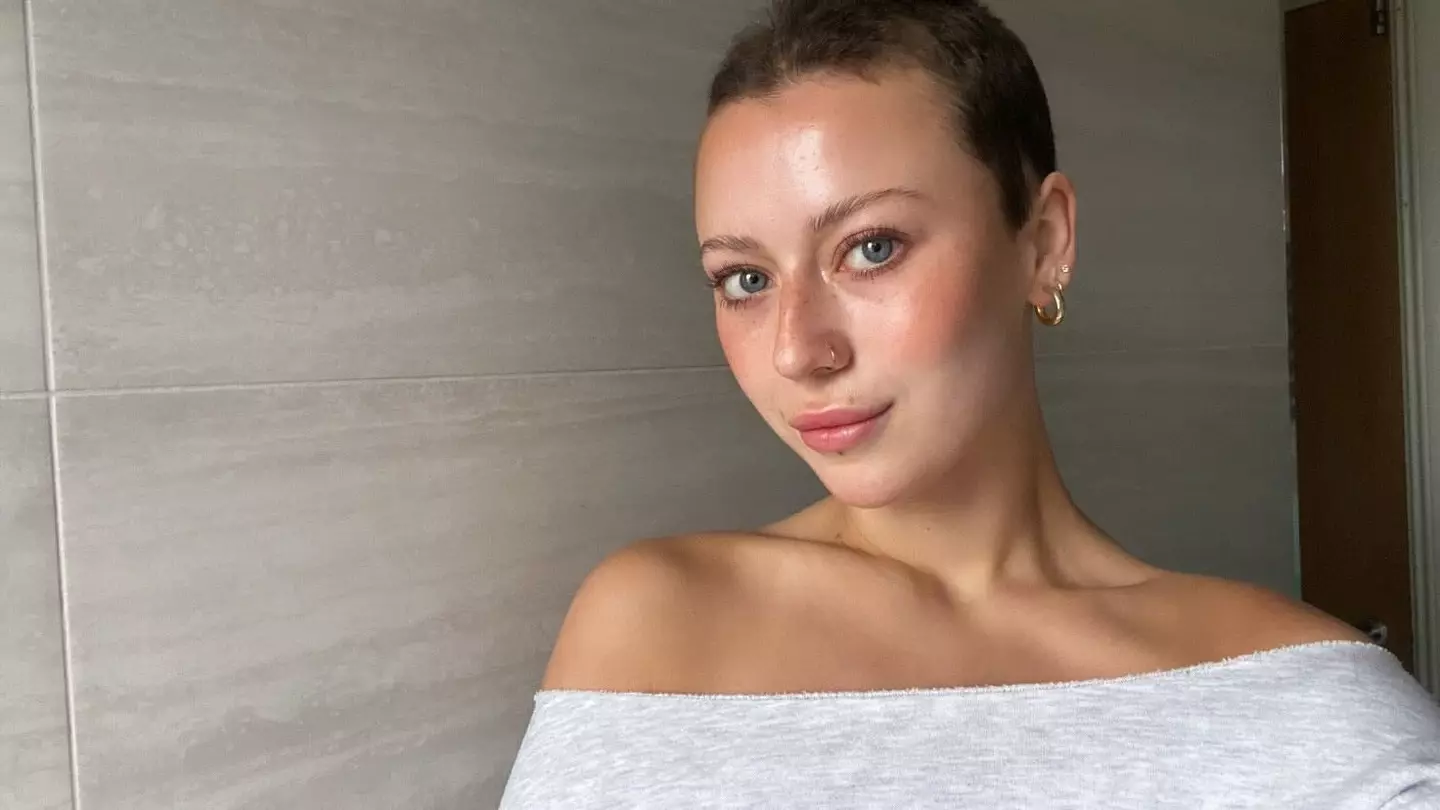
Back home and battling to be taken seriously by her local GP, Lauren made a bold decision; it was time to be open about her alopecia journey – and also shave her head.
Advert
"I just figured I can watch it fall out in front of my face. I can see it all over my clothes. I can see it in the shower, you know, have people come and go, 'oh, oh, you've, you've got some hair missing' or, or I could just shave it off and go look. It's alopecia. I've shaved it," she explained.
"I've taken back that control... [and] honestly, I feel great after shaving it. I feel so much better."
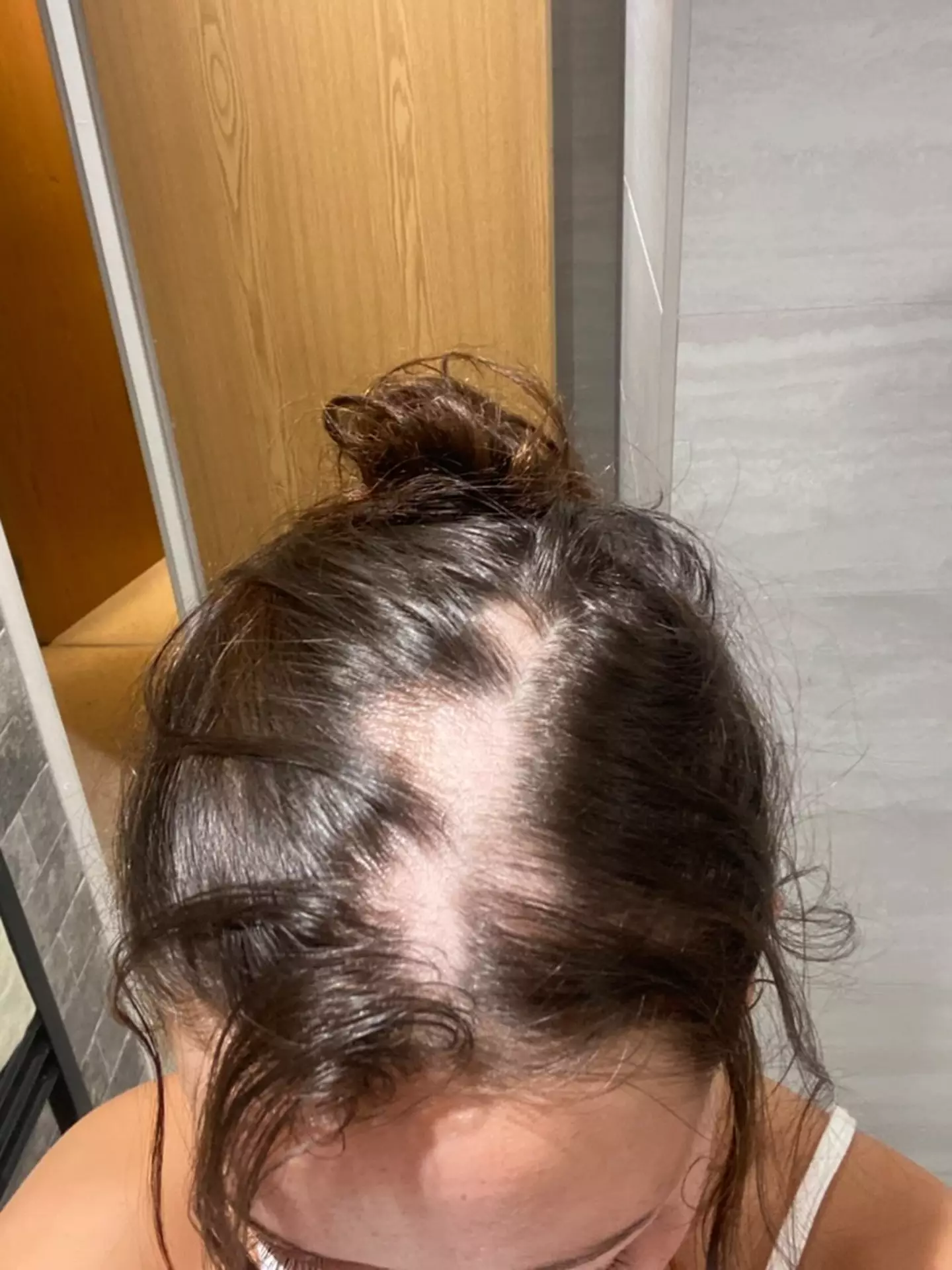
While shaving off her hair was a way of taking control for Lauren, her journey to getting a referral for a dermatologist would be a more complicated one.
Around a week after returning home, she had her first appointment at the local GP practice. A diagnosis of alopecia areata was given; however, Lauren was left feeling like she'd been offered very little in terms of support.
Advert
"She just told me, 'Get your stress in check, cut down your hours at work'," she recalled. "I think it was very invalidating."
It would take two more appointments, the third with a different doctor, before Lauren was able to receive a dermatology referral.
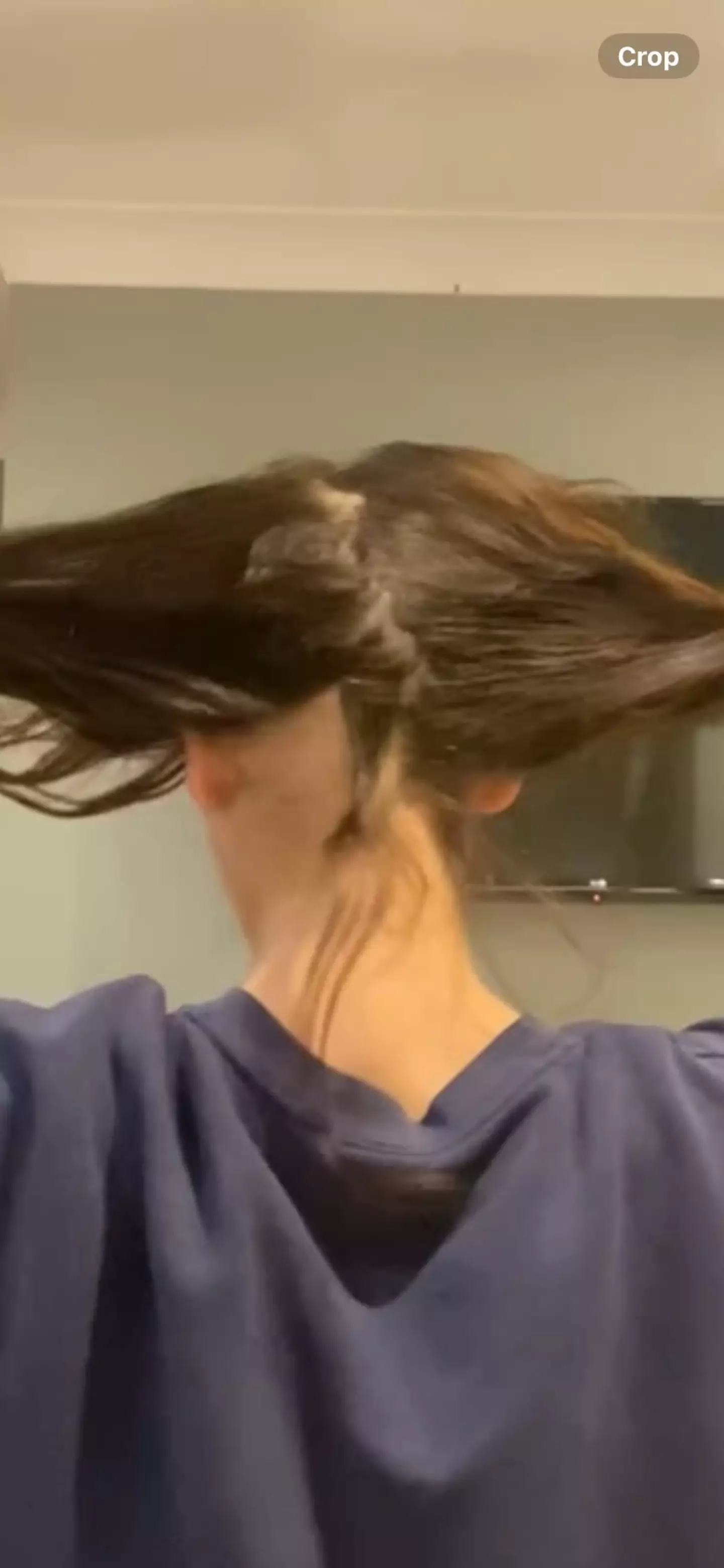
According to the NHS website, the expected waiting time for non-urgent referrals is around 18 weeks, but this can take longer depending on the hospital and the specialist required.
Statistics from Skincare Network suggest patients are waiting as long as 43 weeks to receive treatment from a dermatologist in recent years.
Meanwhile, some of the people who've reached out to Lauren have reported languishing on waiting lists for a year or more.
"It was just so difficult because you're already in a situation you don't have any power or control over how it's going to go," Lauren added.
"And being a young woman at 23, it's just quite a daunting feeling of had something your whole life, and then it's just gone within under a month."
While she waits for the specialist appointment, she has been able to connect with others online who also have alopecia.

One of her posts recently went viral across social media, with Lauren crediting the '1000s of just absolutely lovely messages' from well-wishers, which have made the condition feel less overwhelming to her.
"I think that once you find a safe space and a platform where people can kind of share stories about it, it becomes that little less disconnected from everyday life," she added.
"You realise the problem is more prolific than you think."
Topics: Health, Social Media, Originals